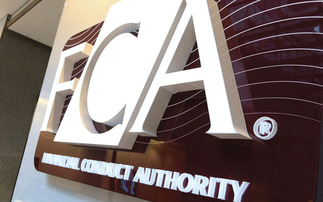Too much regulation - instead of instilling greater trust in the financial services industry - can have the opposite effect, according to Richard Sexton, reputation and policy director at PricewaterhouseCoopers (PwC).
Sexton warned against what he called the "seductive" creation of more rules in the wake of the 2008 financial crisis, and of relying too much on regulation as a means to solve the problems in the sector.
"The creation of more rules is seductive because it's a decisive, clear response. But I now have a view of being very nervous about relying too much on regulation.
"Regulation alone will never close the gap between fine words and good actions. Too much regulation, or too much reliance on regulation, can perversely undermine trust," he said.
Sexton said financial services can instead learn lessons from the consumer goods industry, where consumers "turn off" from a product very quickly if it fails to deliver.
He called on banks to have "clarity" about what their purpose is within society, and advocated a buyer-seller relationship between consumers and financial institutions, where both groups communicate their expectations of each other.
"Shareholder value needs to become stakeholder value. We need to measure purpose and embed it in processes that financial institutions then follow," said Sexton.
His comments come in the same month that a new structure of financial services regulation has been implemented.
On 1 April the Financial Conduct Authority (FCA) and the Prudential Regulatory Authority (PRA) - put in place by the coalition government - took over regulation of the industry from the Financial Services Authority (FSA), which was set up in 1997 by Labour.
Under the new "twin peaks" format, behavioural regulation of individual firms will fall under the remit of the FCA, while systemic risks and larger firms will be monitored by the PRA.














